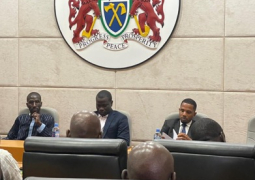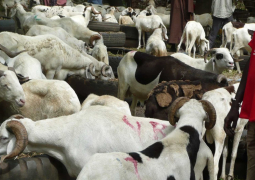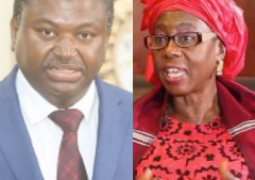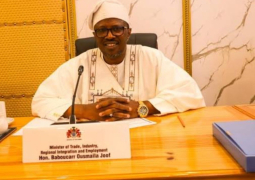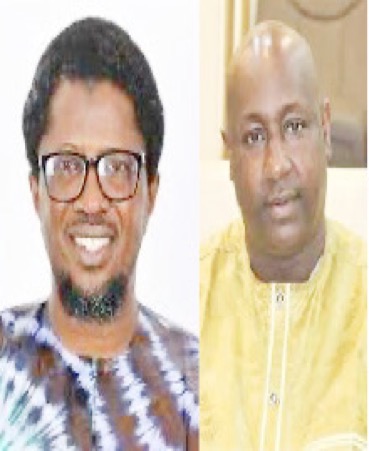
The high-powered delegation also comprises senior officials from the Ministries of Agriculture and Livestock, Finance and Economic Affairs and, Public Services, The CPCU, Departments of Agriculture and Livestock, GIEPA, GCCI, NACOFAG, and Honourable Omar Darboe, NAM for Upper Nuimi and Chair of the National Assembly Select Committee on Agricultural and Rural Development and another member of the Committee Hon. Alieu Baldeh of Jarra West Constituency and their Clerk Isatou Sonko.
The mission is being organised and funded by The Gambia Inclusive and Resilient Agricultural Value Chain Development Project (GIRAV). The project under the Central Projects Coordination Unit of the Ministry of Agriculture and Livestock. The Development Objective is “to promote the development of inclusive, resilient and competitive agricultural value chains focusing on smallholder farmers and agribusinesses”.
The 19 SMEs are operating across the project’s priority value chains: Rice (2), Horticulture (6), Poultry (7), Maize (2) and Cashew (2). This includes 60% and 40% financing by the project and beneficiaries, respectively. This implies that under Matching Grant Scheme for Agribusinesses, GIRAV Project provided US$6.63 million and the counterpart contribution of the 19 SMEs was US$2.65 million (40%).
The climax of the field mission, which began in the North Bank Region is the presentation of matching grant awards amounting to over D100 million dalasi (including 80% project financing and 20% beneficiary contribution) to 74 groups across the country to support their priority investments along the project value chains.
This exercise will culminate in a two-days Policy Dialogue Forum to take stock of the key challenges and proffer viable policy solutions with an implementation roadmap that addresses in a sustainable way the key business and marketing challenges and risks, as expressed by the project beneficiaries.
As prescribed under the project’s key documents such as the Project Appraisal Report, Project Implementation Manual, and Monitoring and Evaluation Manual, Stakeholder Engagement with project beneficiaries is identified as a critical interface for Government, public and private and policy stakeholders to: (i) appreciate project beneficiary experiences and perspectives about the support received from the project, (ii) exchange on the key implementation challenges and recommendations, and (iii) mobilise high-level stakeholder support for policy adjustments to address critical challenges at state level.


